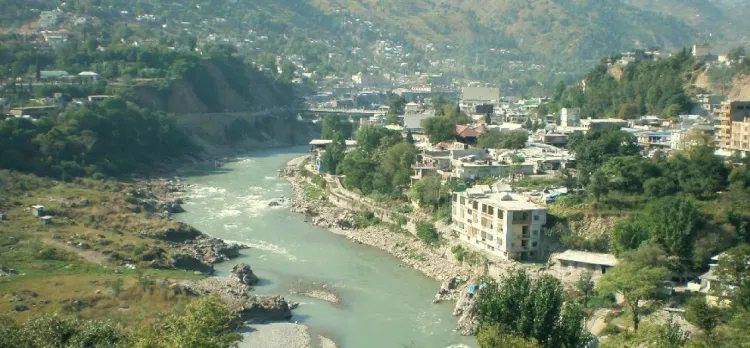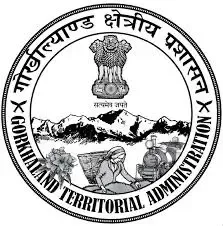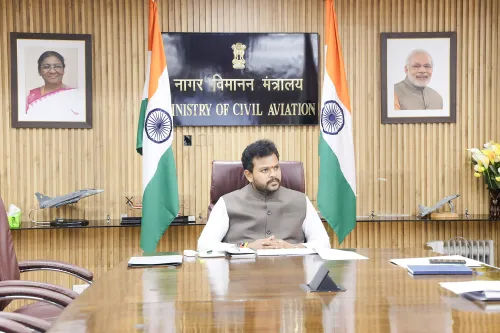Is Pakistan-administered Kashmir Preparing for Potential Indian Military Action?

Synopsis
Key Takeaways
- Residents of Pakistan-administered Kashmir are advised to stockpile food and essentials.
- An emergency fund of $3.5 million has been set aside for basic necessities.
- Escalating tensions have led to military exchanges along the Line of Control.
- Both nations have taken reciprocal actions concerning treaties and borders.
- Immediate measures include the closure of religious seminaries in Kashmir.
Muzaffarabad, May 2 (NationPress) Amid escalating tensions and concerns over a potential military offensive by India in light of the Pahalgam incident, the government of Pakistan-administered Kashmir has urged residents near the de facto border, known as the Line of Control (LoC), to gather food and other essential supplies for a minimum of two months. This directive was issued by the Prime Minister of Pakistan-administered Kashmir, Chaudhry Anwar-ul-Haq.
The announcement came during a session of the legislative assembly on Friday, where the Prime Minister emphasized the necessity of precautionary steps to protect the lives of Kashmiris amid escalating fears of aggression from India.
“We have instructed residents to stock up on food supplies for two months across the 13 constituencies located along the Line of Control (LoC),” stated Chaudhry Anwar-ul-Haq.
Additionally, an emergency fund of $3.5 million (approximately one billion rupees) has been allocated to ensure the availability of basic necessities, including food and medicines, in these constituencies.
The legislative government is also deploying both government and privately owned machinery to ensure roads in border regions remain clear.
Following the Pahalgam incident, India has alleged Pakistan’s involvement, resulting in heightened tensions along the Line of Control (LoC), with both nations experiencing significant exchanges of fire, leading to extensive damage on both sides.
“Indian and Pakistani security forces have engaged in gunfire for eight consecutive nights along the militarized Line of Control,” reported a local journalist from Muzaffarabad, Pakistan-administered Kashmir.
Pakistan has firmly denied any role in the Pahalgam incident, calling for an impartial and credible investigation by an independent entity.
Both countries have implemented significant retaliatory measures, including the suspension of the Indus Waters Treaty (IWT) by India and the closure of airspace by Pakistan.
The Wagah-Attari border crossing has also been shut, with both nations instructing their respective nationals to leave immediately.
Islamabad insists it will not initiate an attack against India but warns that any hostile action from New Delhi will be met with a strong and decisive response.
Moreover, Pakistan claims to have reliable intelligence suggesting that India plans military actions in the coming days, prompting the government of Pakistan-administered Kashmir to implement urgent preemptive precautions, including the temporary closure of over 1000 religious seminaries in Kashmir and advising residents of the 13 constituencies to accumulate food supplies for a minimum of two months.










